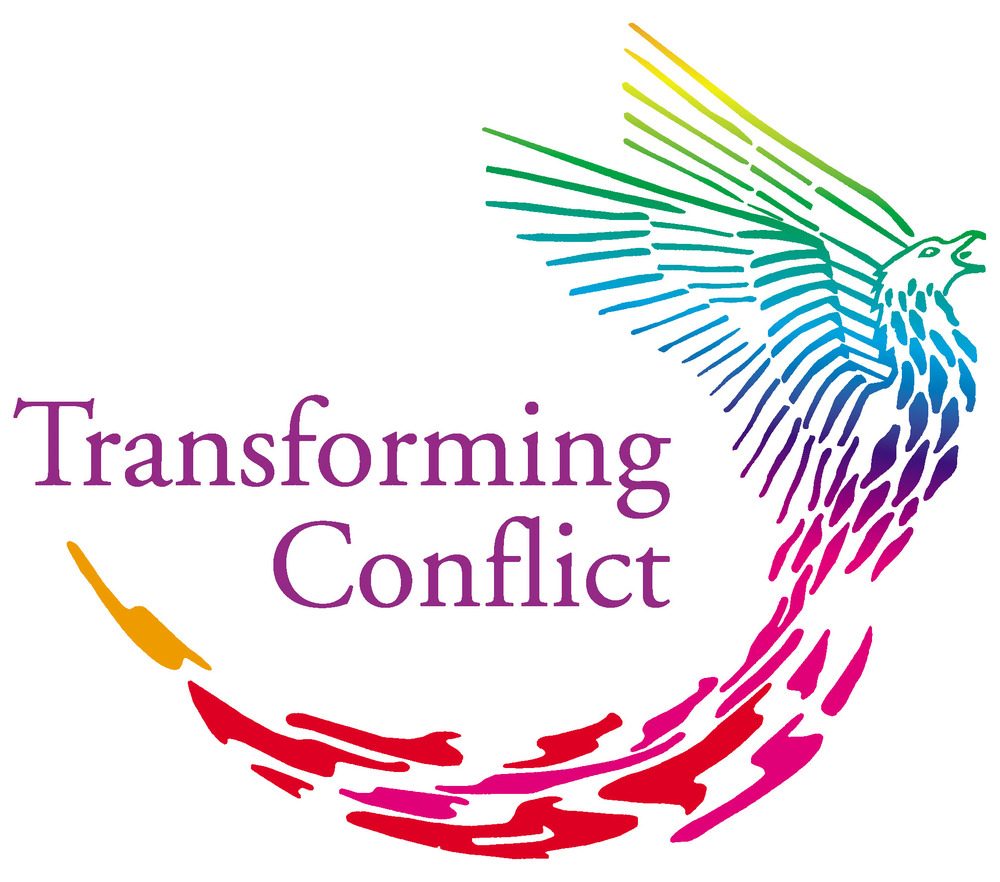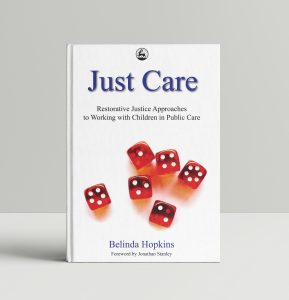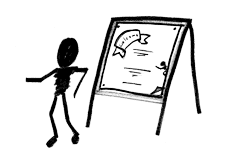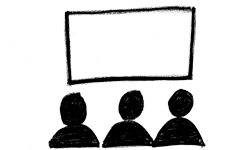Last but not least…
We have run a hugely popular national conference for educators and care staff for the last 8 years with stimulating speakers and thought-provoking workshops.
We offer training for educators, care staff, youth justice professionals and the wide range of staff supporting families and children in a local authority.
Our training team has 15 associates
As a result of all of this activity, Belinda and the training team, made up of a group of 15 associates, are held in high regard, and recognised as leaders in the field both nationally and internationally. They are regularly invited to speak at conferences and to run workshops and seminars.
The team is a mix of freelance trainers for whom work for Transforming Conflict comprises a part of their income, and people in full-time employment who find the time to do some training for us each year.
We offer a wide range of training courses and opportunities for continuing professional development (CPD).
The courses we offer include not only training in how to respond restoratively to challenge, harm and conflict, but also how to put in place proactive practices and policies to create safer, more harmonious and respectful schools and care communities.
Our work complements national initiatives in the fields of Social and Emotional Literacy (SEAL), anti-bullying, community cohesion, student voice, and the promotion of the ‘Every Child Matters’ and ‘Care Matters’ agendas. The team also provides ongoing consultancy so that local authorities, schools and care homes and other teams working with young people and their families receive the support they need over the years it takes to embed institution-wide approaches consistent with the values and principles of restorative justice.
We are developing a variety of bespoke Training for Trainers packages to respond to the different needs of teams around the country. We therefore actively encourage those with whom we work to develop their own in-house capacity to deliver training. We continue to support teams once we have trained them, and offer supervision and refresher training. We are currently also developing licensing opportunities for these teams, so that we can support them in developing their own approach, inspired by our model of practice.
Our training style is relaxed, stimulating, highly participative and fun. We believe that we must be exemplars of good restorative practice as teachers and trainers and so our training style reflects our restorative principles of respect and inclusion. Many participants have told us that we run the best courses they have ever been on!
Transforming Conflict is run as a not-for-profit social business.
We hope to achieve the Social Enterprise Mark in recognition of our services to the community later this year. To date the company has managed to fund all its outreach and support work, including its free advice and information service, through the delivery of training and consultancy.
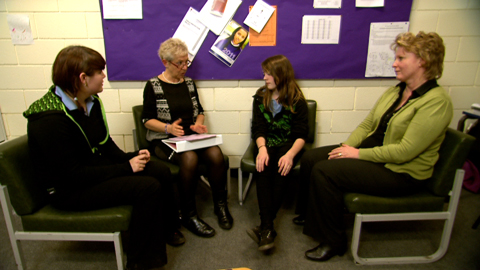
Our current pro bono service includes:
- Providing an informative website about research and evaluation; articles about developments; news about projects; free handouts and slide packs for presentations; we are upgrading this to include various portals for trainers and practitioners and soon will have DVD clips of best practise and info about courses, etc.
- Providing an email and telephone service responding to queries about who is doing what, where and how across the country and beyond – linking up people in nearby areas and ensuring everyone in a given area knows about each other
- Supporting the growing field of restorative approaches coordinators across the UK through networking, and providing information and advice on policy development and strategic planning
- Providing advice and support to individual practitioners and project managers – either about specific cases or on implementation issues
- Producing documents based on research and experience about implementation, designing restorative relationship policies and information about restorative classroom practices etc.
- Encouraging networking amongst schools and care homes across the UK to make links with each other, and form geographically connected groups but also specialist interest groups
